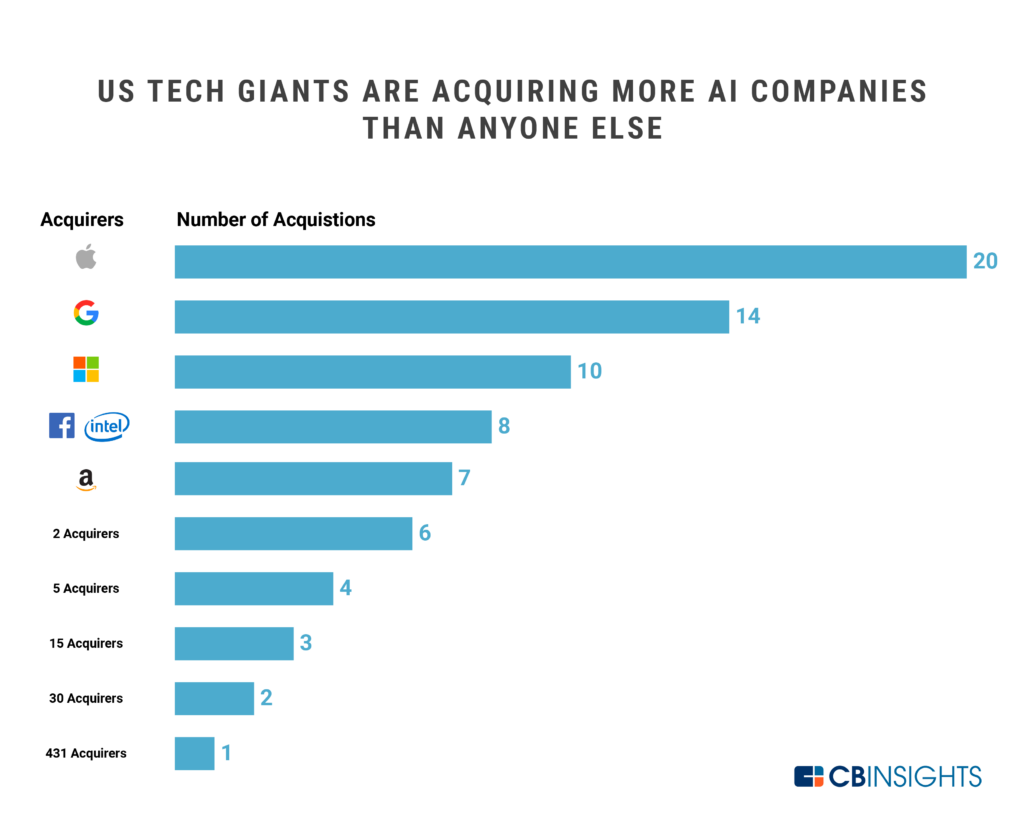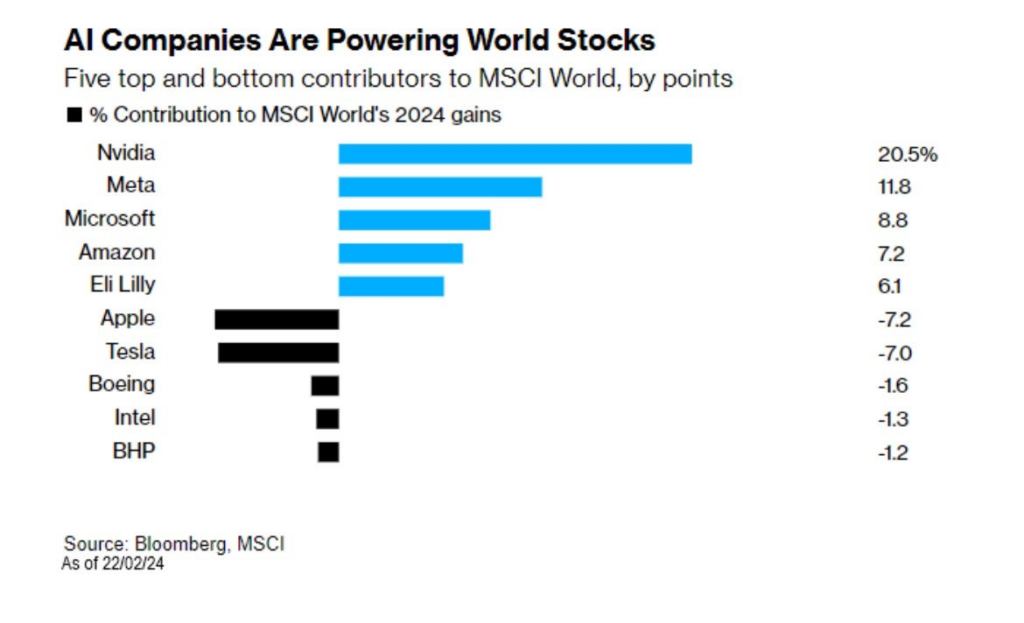The tech world is ablaze with Apple’s entry into the AI market with Apple Intelligence. Not be left behind, Google made its own waves with products integration with its offering, Gemini. Microsoft finds itself in a challenging position, needing to innovate rapidly to stay competitive. This article explores Microsoft’s potential strategies to respond to the AI integrations by Apple and Google, focusing on how the company can leverage its existing technologies and develop new solutions to maintain its edge.
What’s Happening & Why This Matters
Apple and Google are integrating advanced AI capabilities into their ecosystems, enhancing user experiences and productivity tools. Apple’s recent AI advancements include features embedded in iOS and macOS, while Google continues to expand its AI functionalities across its suite of products, including Google Assistant and various cloud services.
For Microsoft, this represents both a challenge and an opportunity. The company needs to respond swiftly and effectively to these advancements to ensure it doesn’t lose ground in the competitive tech landscape.
Microsoft’s Current AI Strategy
Microsoft has been a significant player in the AI field, particularly with its Microsoft 365 suite, which includes productivity tools like Word, Excel, and PowerPoint. Recently, the company introduced several Copilot AI features to these applications, promising enhanced productivity and smarter workflows. However, the integration of these features is costly and complex, requiring substantial technical resources and investments.
Planned AI Enhancements
Sources indicate that Microsoft is considering a major AI revamp of its 365 software bundles. This revamp could involve repackaging existing AI features into current licenses or creating a new, more expensive bundle that includes advanced Copilot AI capabilities. CEO Satya Nadella and the senior leadership team are expected to review these plans over the summer, aiming to finalize changes before the fall sales cycle begins.

Innovation, Costs, and Strategy
One of Microsoft’s primary challenges is balancing the integration of new AI tools with cost management. The technical infrastructure needed to support advanced AI features is expensive, with capital expenditures reaching record levels. Microsoft is reportedly amassing 1.8 million graphics processing units (GPUs) to support its AI models and planning to triple its data-center capacity to handle the increased workload.
To maintain competitiveness, Microsoft might introduce a new AI-powered bundle, potentially a “spiritual successor” to the long-discussed but never-released E7 bundle. This new bundle would incorporate the latest AI tools, such as Copilot, and could be marketed as a premium offering.

The company also faces the challenge of simplifying its product offerings. Currently, customers manage multiple licenses for different Microsoft products, leading to complexity and additional costs. By streamlining these offerings and integrating AI capabilities more seamlessly, Microsoft can enhance user experience and drive adoption.
Concerns
Microsoft must also consider antitrust implications, particularly regarding bundling AI tools with other software products. The company has already faced scrutiny in the past, notably with its Teams app, which it recently unbundled from its 365 offerings in response to European antitrust regulations. Similar concerns could arise with its AI tools, requiring careful strategic planning.
TF Summary: What’s Next
Microsoft’s response to the AI integrations by Apple and Google will likely involve a combination of enhancing existing products and introducing new AI-powered bundles. The company must balance innovation with cost management while navigating potential antitrust challenges. As Microsoft continues to invest heavily in AI infrastructure and development, its ability to streamline product offerings and deliver value to customers will be crucial in maintaining its competitive edge.
Future developments could see Microsoft rolling out new AI features across its product suite, further integrating AI into its core offerings, and potentially introducing new bundles tailored to meet the evolving needs of its enterprise customers. The tech world will be watching closely to see how Microsoft adapts to the rapidly changing AI landscape and leverages its strengths to stay ahead.


